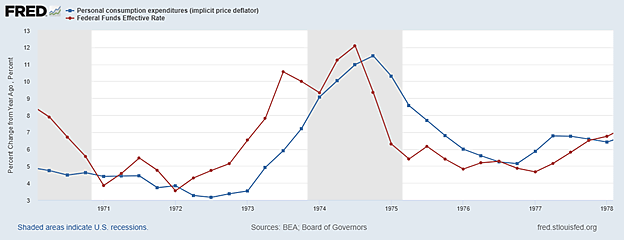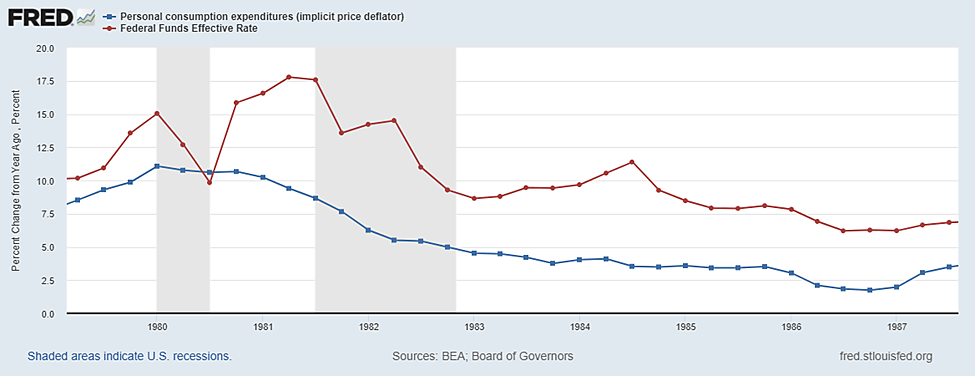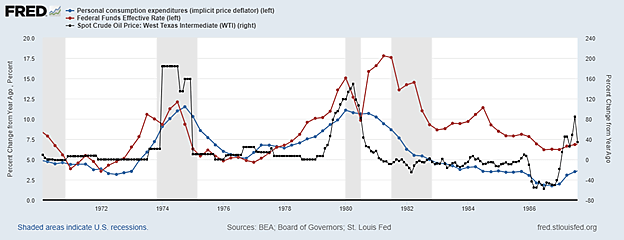California never seems to run short of bad policy ideas. But the Golden State’s latest exercise in ignoring the fundamentals of economics has to go to the top of the list.
This week the legislature narrowly passed the Fast Food Standards and Accountability (FAST) Recovery Act which would effectively allow the state to set wages, benefits, hours, and working conditions for their fast food industry. The legislation, AB 257, would establish a Fast Food Council as part of the state Department of Industrial Affairs, composed of representatives from fast food franchises, fast food workers, labor unions (euphemistically referred to as “advocates for employees”), and a representative from the Governor’s Office of Business and Economic Development; the council members would be appointed by the Governor, the Speaker of the Assembly, and the Senate Rules Committee. The Council would have the authority to impose labor agreements on all fast food franchises with at least 100 locations nationwide.
And, if the new statewide Council is not enough regulation of the fast food industry, the legislation would also allow any city or county with a population of at least 200,000 to establish their own councils to regulate businesses within their jurisdiction—as long as they don’t reduce any benefits established by the state Council. The ratchet works only one way: they can increase regulations, but never reduce them.
In a brief nod to economic sanity, the Council’s power is not unlimited. For instance, the Council(s) cannot raise wages above an initial $22/hour, indexed annually to the CPI. The Councils also cannot establish new paid sick leave or vacation benefits. Even so, the legislation will almost certainly end up imposing substantial costs on franchise owners, customers, and the Californian economy. One study by economists at the University of California Riverside estimates that the legislation could eventually raise labor costs by as much as 60 percent and increase fast-food prices by about 20 percent. And, at a time when there is an extremely tight labor market, there is also likely to be a spill-over effect from raising labor costs in other retail industries. Moreover, the state’s Department of Finance warns that taxpayers will end up footing the bill for unknown but “significant ongoing costs” to monitor and enforce the measure.
The economic literature on minimum wage increases has become murkier in recent years, but the overwhelming majority of economists agree that large minimum wage increases in excess of productivity gains means that employers will operate at a loss as far as the effected workers go. Given that the average profit margin in the fast food industry is just 6–9 percent, those costs are almost certain to be passed along in terms of higher prices or lost jobs. It is unclear whether the Councils could prevent fast-food franchises from laying off workers in the event of higher labor costs (already automated kiosks are replacing many fast food workers), but there is nothing they could do to prevent some franchises from closing down and leaving the state. Some companies, such as McDonald’s, have already hinted at this. Layoffs and closed businesses will almost certainly end up hurting low-income communities and communities of color most heavily. Generally low-wage areas of the state, like the Central Valley, will also be hit disproportionately hard.
Making matters worse, this legislation is remarkably unnecessary. The statewide minimum wage is already $15/hour and is set to rise 50 cents next year, and most large California cities, including Los Angeles and San Francisco, already have higher minimum wages. Besides, as noted above, there is a very tight post-pandemic labor market, giving workers strengthened bargaining power.
Governor Newsom has not yet announced whether he will sign the measure, and many analysts suggest he may be leaning towards a veto. Still, the governor is under enormous pressure from organized labor which has spent nearly $5 million lobbying in favor of the bill (outspending opponents by more than 5 to 1). If he signs this misguided legislation, he will end up damaging the state’s economy and hurting its most vulnerable workers.
A decision is expected in the next few days.



